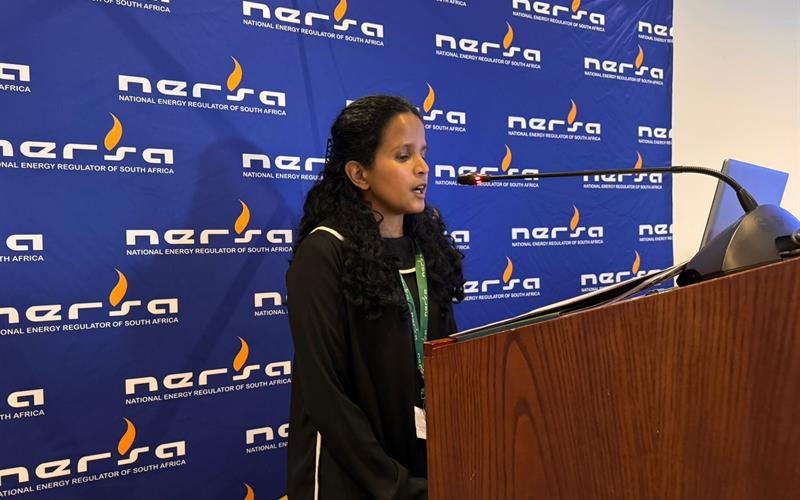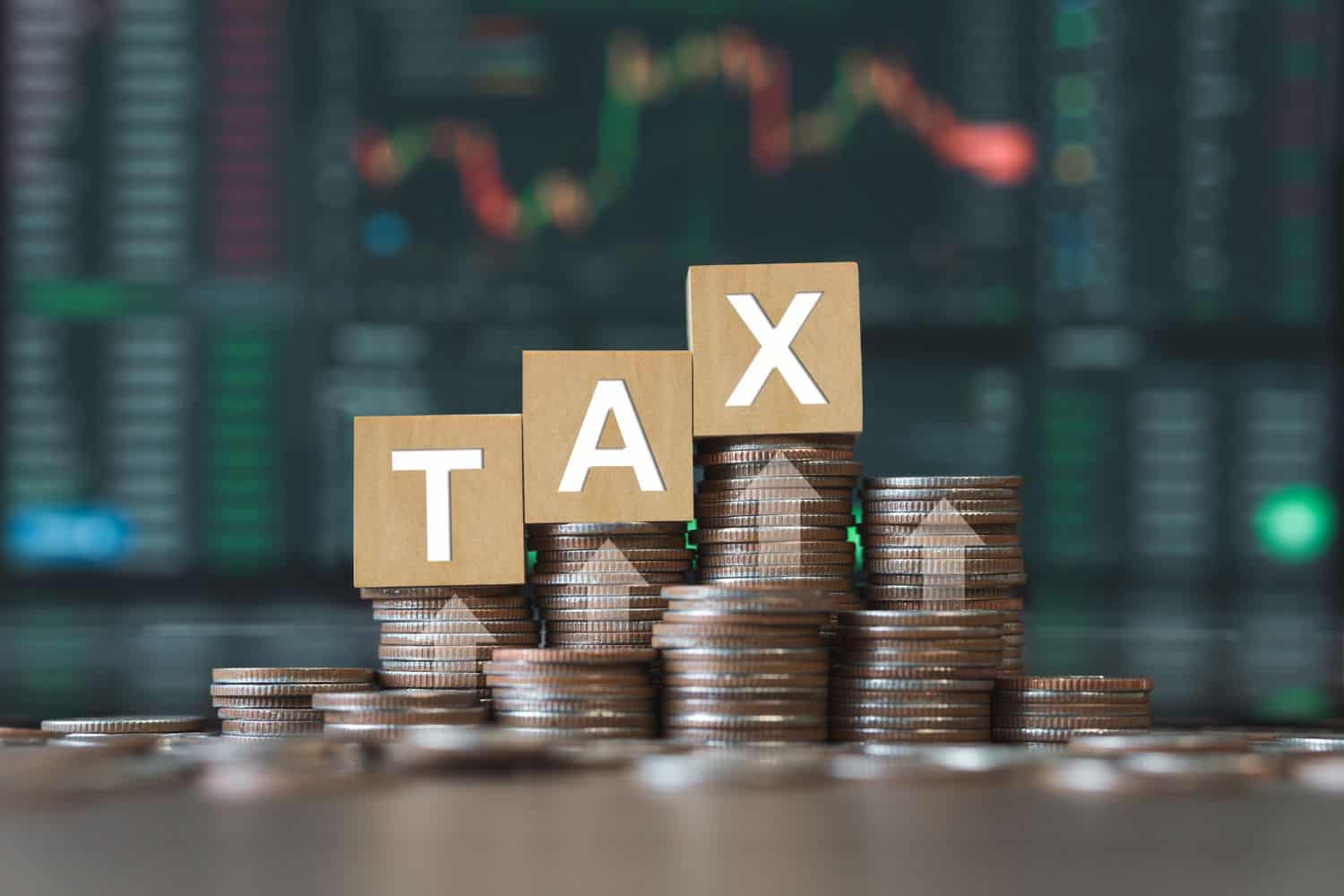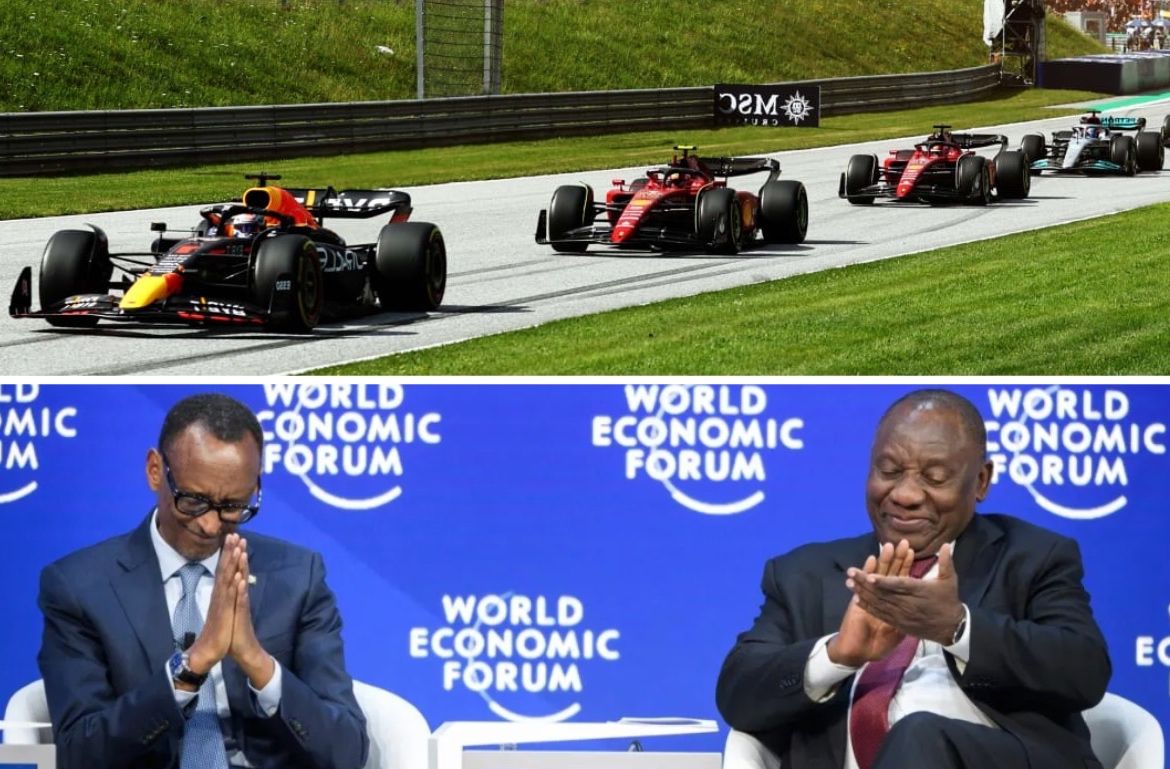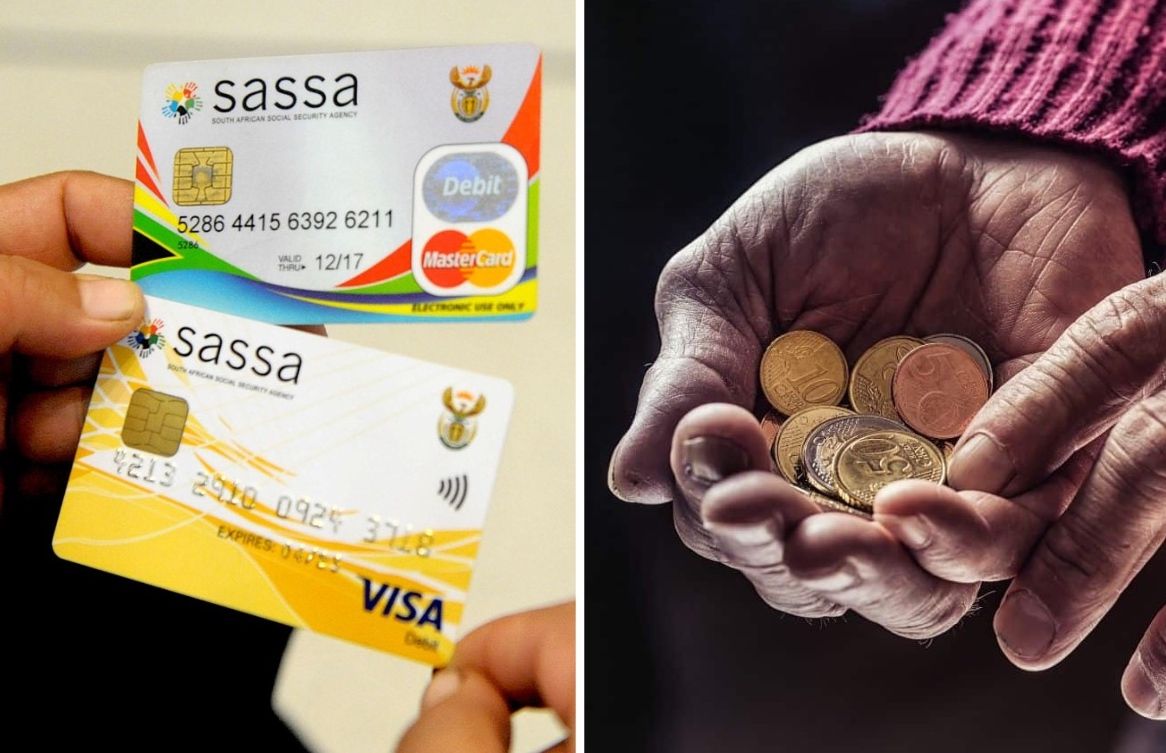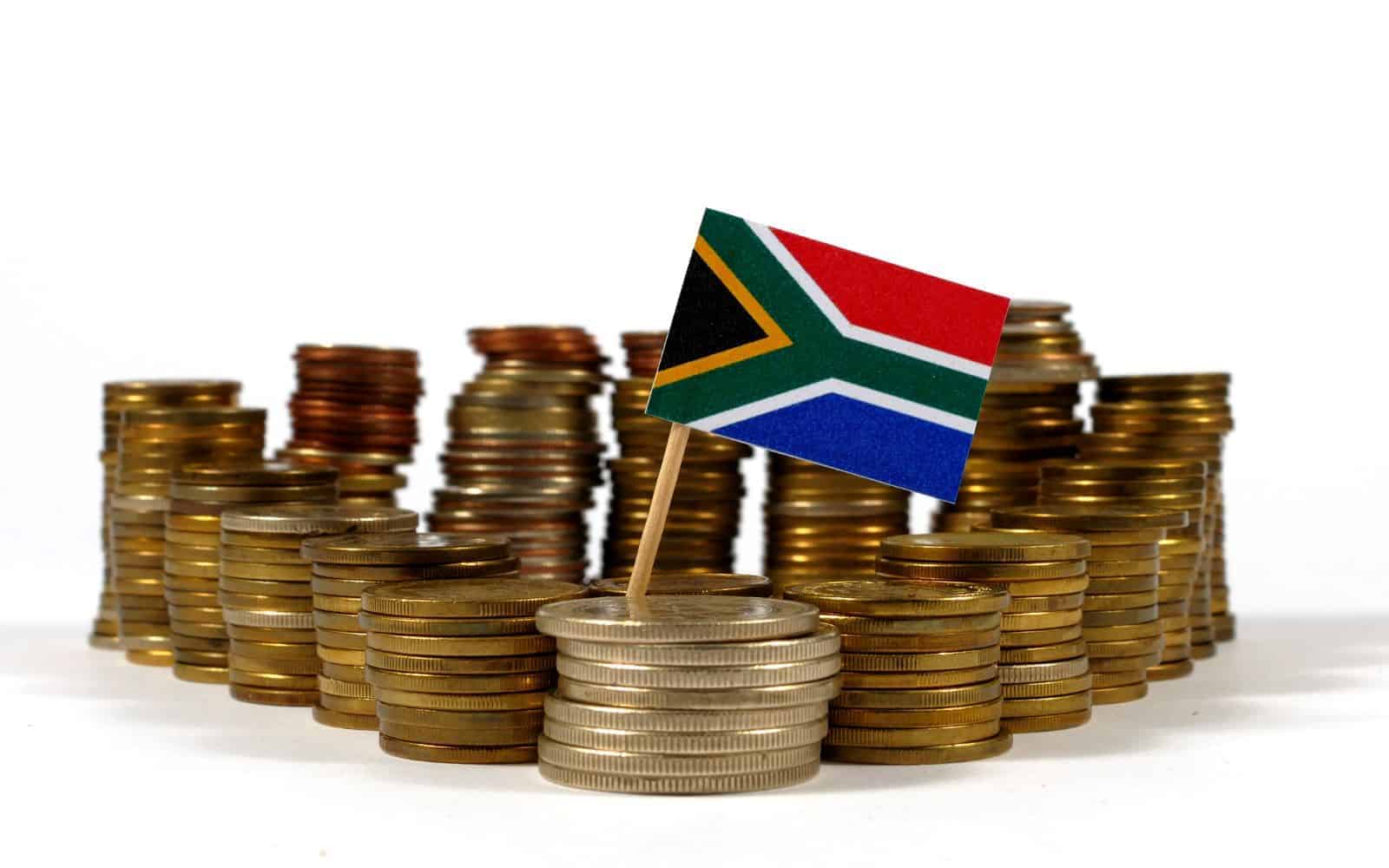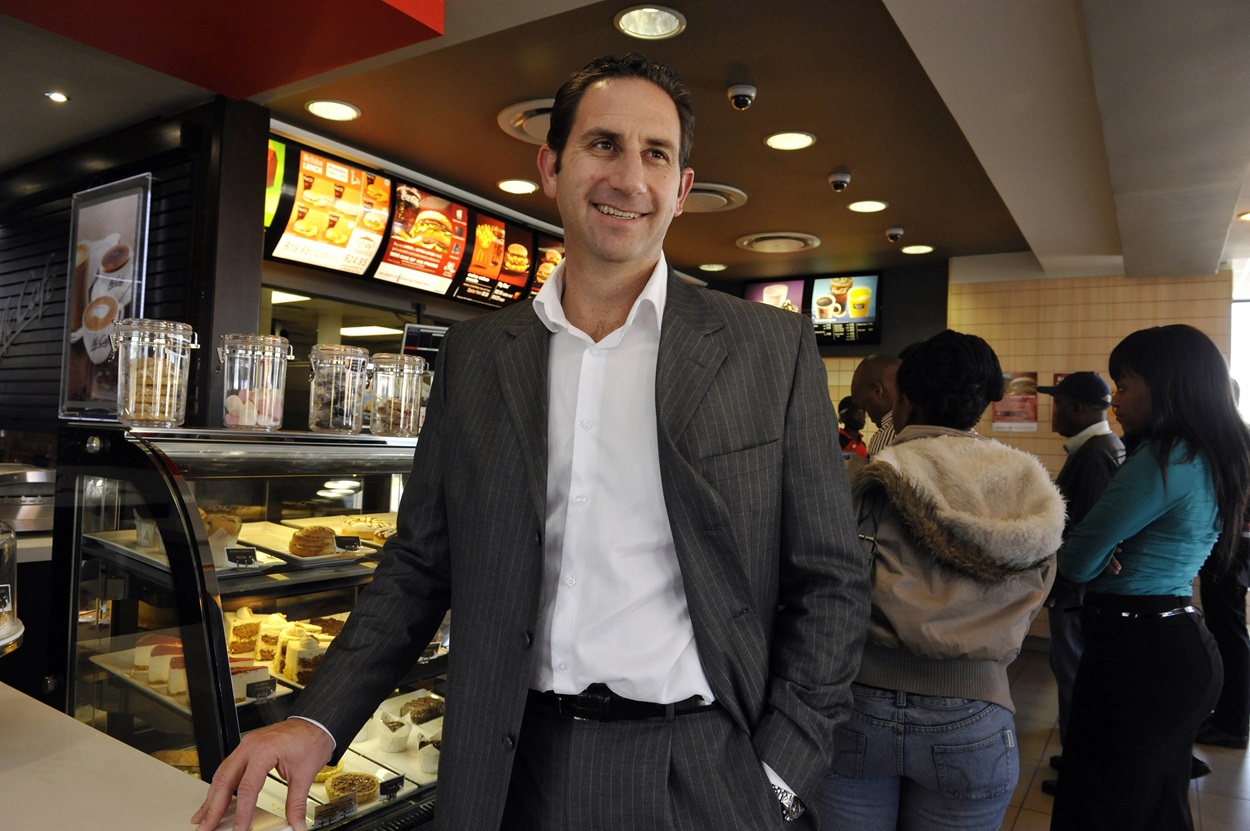Cape Town Mayor Geordin Hill-Lewis says Eskom’s 44% tariff hike application to the National Energy Regulator (Nersa) is based on dubious financial data, and seeks to punish South Africans for Eskom’s inefficiencies, while tripling the State-owned company’s intended profit from electricity generation assets.
Public hearings
The City called on Nersa to reject Eskom’s application in written and oral submissions to public hearings in Cape Town on Monday, 18 November 2024, by Mayor Hill-Lewis and Mayoral Committee Member for Energy, Alderman Xanthea Limberg.
Eskom’s application requests a 44% tariff hike for electricity sales to municipalities, and a 36% hike for direct Eskom customers for 2025/26.
In a written submission to Nersa, Mayor Hill-Lewis calls for all underlying data to be publicly disclosed given the huge changes Eskom has made to its financial projections without justification.
The City is raising three major objections to the application:
- Eskom’s financial data is dubious and incomplete: Eskom projects a massive 10% drop in sales volumes, but the absence of load-shedding has stabilised sales. There is also no breakdown to justify Eskom’s operating costs increase to R40.8 billion, which the SOE simply bills as ‘a more realistic’ reflection of costs.
- Consumers are being punished for IPP and coal contract inefficiencies: Eskom projects a large increase in energy production costs, but says despite the cost increases, output from Independent Power Producers (IPPs) is not close to meeting needs, requiring the purchase of coal at higher rates to compensate. If IPPs can’t provide the energy, why are they being paid? And why does Eskom’s IPP contracts not include penalties for non-performance? It is unlawful to punish consumers for these inefficient and biased IPP and coal contracts.
- Eskom is seeking to maximise profit from generating assets: As a State-owned company, Eskom must prioritise public interest over profit maximisation, but yet it has tripled the forecasted return it intends to make on its electricity generation assets. This is completely unacceptable in a time of economic hardship for households and businesses.
‘Eskom’s application makes the ridiculous claim that the short-term pain of this 44% hike can be ridden out by households and the economy. The fact is this increase is completely unaffordable for families and businesses.
‘We call for Nersa’s outright rejection of this Eskom application, which is a cynical attempt to profiteer and punish South Africans for Eskom’s inefficiencies. If Nersa allows this hike, South Africa’s economic competitiveness will tank along with economic growth, inflation will go into over-drive, and households and businesses will suffer immeasurably,’ said Hill-Lewis.
In the City’s oral submission to the Nersa hearings, Alderman Limberg said Eskom has alternative ways to improve their efficiency rather than punishing households and the economy with a massive electricity hike.
‘Rather than punish households and businesses, Eskom has viable alternatives, including internal cost-saving and revenue diversification. The law does not permit Eskom to recover the costs of inefficient operations from consumers. This is unlawful in terms of Section 15 (1) of Energy Regulation Act, which only permits the recovery of costs for efficient operations.
‘Buying power from Eskom accounts for around 75% of our costs to run an electricity service, and there is no way we can absorb a massive 44% increase while still hoping to offer a working electricity service to Capetonians. Cape Town is one of a handful of municipalities that bases our own tariff asks to Nersa on detailed cost-of-supply studies, however we don’t see this level of detail in Eskom’s application to justify huge changes to their financial data. The courts have affirmed that tariff asks must be underpinned by detailed studies and data, and has ordered Nersa, Eskom and non-compliant municipalities to follow suit,’ said Alderman Limberg.
Electricity grid upgrades
Cape Town has South Africa’s most advanced plans to buy more affordable power on the open market to lessen Eskom’s reliance and exposure to double-digit annual increases.
The City is further investing R4 billion in electricity grid upgrades over the next three years in preparation for a decentralised, dynamic energy future with multiple power sources and thousands of small-scale generators.
To shield lower income households from Eskom increases in recent years, Cape Town has been offering South Africa’s widest qualifying criteria for Lifeline electricity, including:
• Property value qualifying threshold: R500 000
• Monthly household income threshold: R7 500 (if property value >R500k)
• Pensioner and grant recipient criteria:
Cape Town is also the only metro to reduce the cost of lifeline electricity in the last two years.
In 2024/25, lifeline customers using 600 units in a month, will pay R113.94 less compared to two years ago in 2022/23 in line with the City’s pro-poor lifeline tariff restructuring.
According to Stats South Africa’s Non-Financial Census data for municipalities, released in March 2024, Cape Town has SA’s highest proportion of residents benefitting from free basic water and electricity.
The City is 10 percentage points ahead of the next metro for free electricity reach, and 25 percentage points ahead for free water and sanitation.
Could you afford a 44% Eskom price hike?
Let us know by clicking on the comment tab below this article or by emailing info@thesouthafrican.com or sending a WhatsApp to 060 011 021 1
Subscribe to The South African website’s newsletters and follow us on @TheSAnews on X and The South African on Facebook for the latest news.
